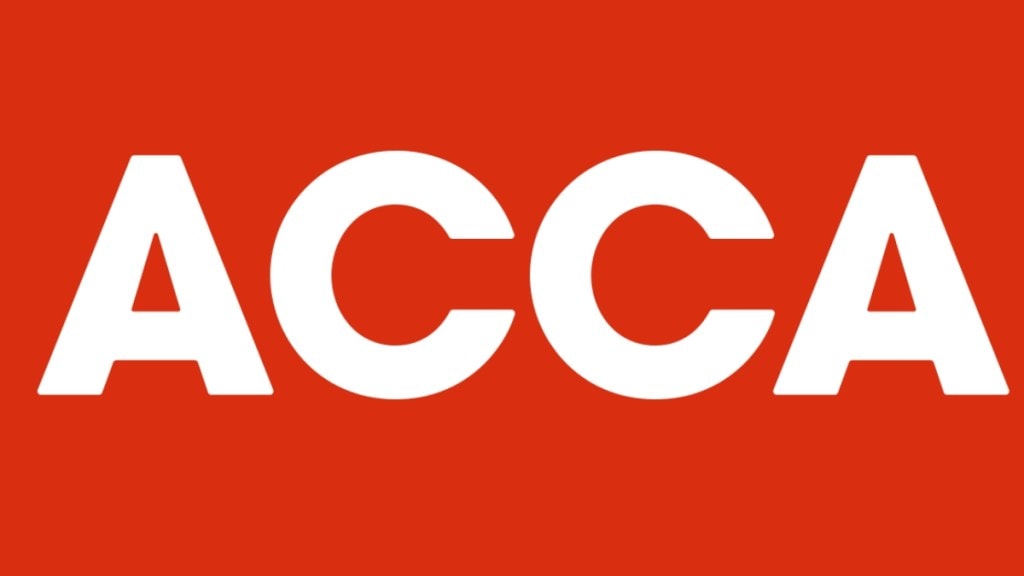To succeed in the fast-changing world of finance, accounting and audit, some qualifications are deemed important. These include CFA (chartered financial analyst), being a member of the ICAI (the Institute of Chartered Accountants of India) and the ACCA (the Association of Chartered Certified Accountants).
The ACCA qualification, the body’s chief executive Helen Brand told FE, is getting increasingly popular in India, thanks to more and more global corporate houses and MNCs setting up offices in the country, almost all of which see value in ACCA. “You will successfully grab the attention of prospective employers of leading MNCs with an ACCA qualification,” she said. “Especially in fields like management and financial accounting, risk advisory, and taxation.”
Headquartered in London, ACCA is a professional global accountancy body and has over 200,000 members spread across 180-odd countries.
Getting ACCA qualification
ACCA qualification is open for chartered accountants, commerce students/graduates, finance professionals, and even 10th/12th students. They have to complete a maximum of 13 exams, depending on prior experience and qualifications; complete an Ethics and Professional Skills module; and have three years of practical work experience within a relevant role.
“This means professionals can complete ACCA qualification in a minimum of three years,” Brand said. “Upon completing ACCA qualification, you become an ACCA member, who can work anywhere in the world; employers know ACCA qualification produces forward-thinking finance professionals,” she added.
For working professionals, while there is no immediate increase in salary upon getting ACCA qualification, Brand said it improves career progression. “You have the potential to earn a high salary, but more importantly be able to work anywhere. There is also flexibility in career choice – from the financial services and public practice to the public and corporate sectors.”
Tuition support
Brand said that in order to maximise chances of success, students preparing for ACCA can study through an Approved Learning Partner (ALP), who are continually assessed by ACCA for the quality of their course delivery. “For 10th/12th students studying our Foundations in Accountancy Qualifications or starting the ACCA qualification at its earliest level, we have an online tuition platform ACCA-X to support them with studies,” she said.
But the entire process isn’t cheap. The registration fee is £30 and annual subscription fee is £122. Different exams have different fees. For instance, the Applied Knowledge exam fee is £84-90, Applied Skills exam fee is £135, the EPSM Module costs £75, the SBL exam fee is £238, and the Other Strategic Professional exam fee is £170.
This is on top of tuition fees that vary from one ALP to another. Brand, however, said that the perks are many. “From global acceptance and placements in accounting and consulting firms in government and private sectors to lucrative pay packages and opportunities for international travel, the perks are many,” she said. “The biggest benefit of becoming an ACCA member is that you can work as an accounting professional, not only in India, but also in over 180 countries.”
